
Kristen Krysko, MD, and Robert Fox, MD, look to the future of multiple sclerosis management.
Staff neurologist, Mellen Center for Multiple Sclerosis Treatment and Research, Cleveland Clinic

Kristen Krysko, MD, and Robert Fox, MD, look to the future of multiple sclerosis management.
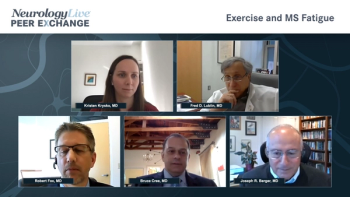
Considerations regarding the role of exercise and combatting fatigue when treating patients with multiple sclerosis.
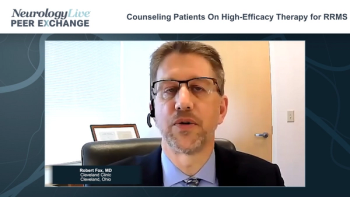
Robert Fox, MD, of the Cleveland Clinic, comments on the advantage of starting treatment with a high-efficacy therapy for relapsing-remitting multiple sclerosis and explains his approach to counseling patients when selecting treatment.
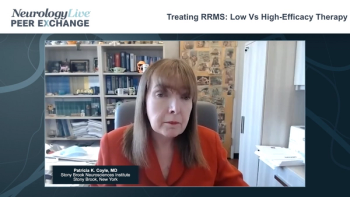
Dr Patricia K. Coyle, of the Stony Brook Neurosciences Institute, comments on her approach to selecting first-line therapy to treat relapsing-remitting multiple sclerosis, explaining how she selects between a lower-risk or high-efficacy therapy.

The Vice-Chair for Research at the Cleveland Clinic Neurological Institute discussed topline results from the EMPhASIS trial of IMU-838.
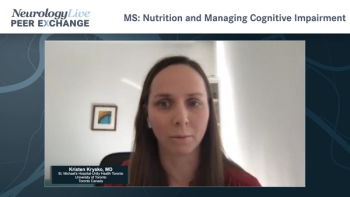
The importance of proper nutrition as a therapy for symptom control in multiple sclerosis and some strategies to manage cognitive impairment.
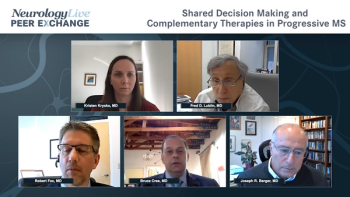
Joseph R. Berger, MD, elaborates on the importance of shared decision making in the treatment of multiple sclerosis and how it relates to complementary and natural therapies for symptom control.
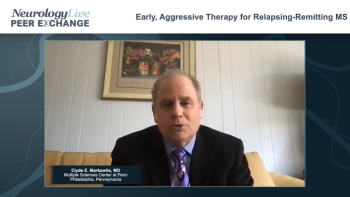
The rationale for initiating aggressive therapy early on to treat patients who present with relapsing-remitting multiple sclerosis.
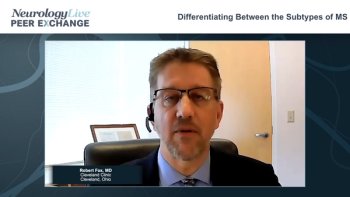
An overview of the clinical subtypes of multiple sclerosis and factors that help neurologists distinguish between each type for an appropriate diagnosis.
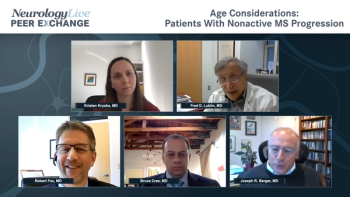
Considerations regarding age in treatment decisions in patients with nonactive multiple sclerosis progression.
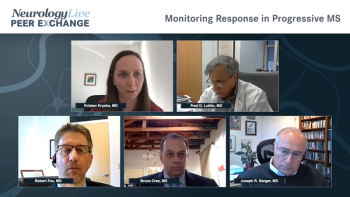
Experts discuss how they monitor response to multiple sclerosis therapies and disease progression.
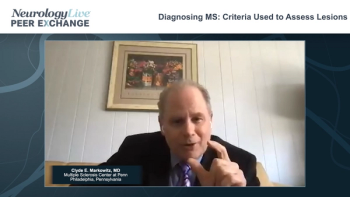
Clyde E. Markowitz, MD, comments on the growing role of magnetic resonance imaging to help diagnose multiple sclerosis and highlights characteristics of lesions he looks at during a diagnostic evaluation.
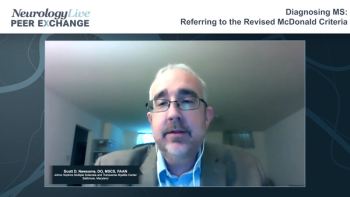
Patricia K. Coyle, MD, highlights revisions to the McDonald diagnostic criteria for multiple sclerosis and emphasizes why health care professionals need to start referring to the criteria in a more standard fashion.
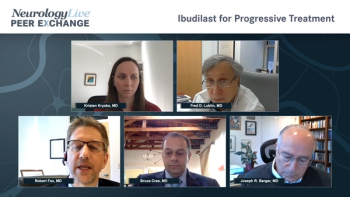
Experts in progressive multiple sclerosis summarize the phase 2 SPRINT-MS trial and the rationale for treating patients with ibudilast.
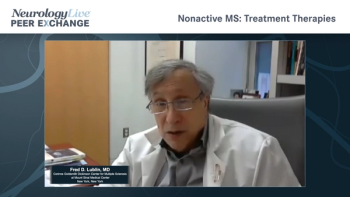
A discussion of how experts treat nonactive multiple sclerosis in terms of trial results or symptom management and how decisions are based on patient age.
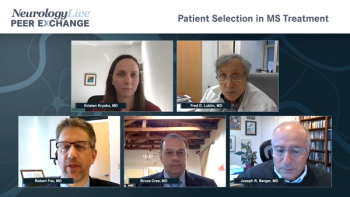
Experts in the field of multiple sclerosis discuss patient selection for drugs based on disease activity.
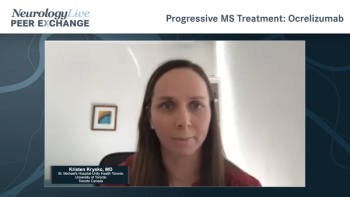
Kristen Krysko, MD, summarizes the results of the phase III ORATORIO trial and discusses the rationale for using ocrelizumab for the treatment of progressive multiple sclerosis.
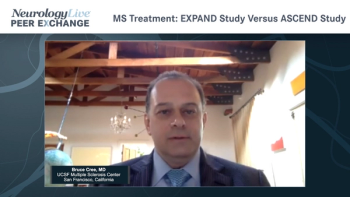
Experts in the field of multiple sclerosis compare the results of the EXPAND study to the results of the ASCEND study.
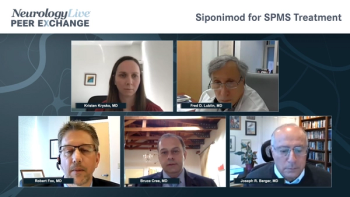
Robert Fox, MD, discusses the rationale for using siponimod for the treatment of progressive multiple sclerosis as well as the practical implications of the phase 3 EXPAND trial.
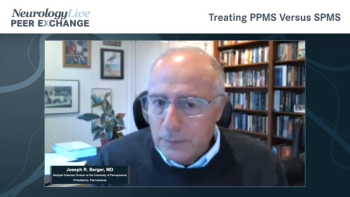
A comparison of various factors considered when treating primary progressive multiple sclerosis versus secondary progressive multiple sclerosis.
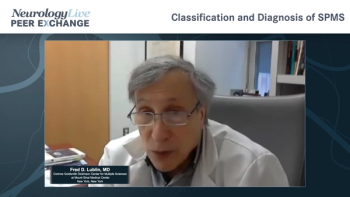
Fred D. Lublin, MD, leads a discussion about the different classifications of secondary progressive multiple sclerosis, including the relationship between disease activity and progression of disease.
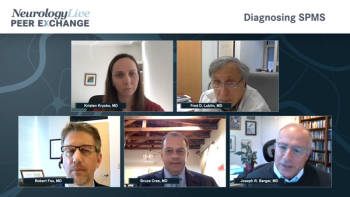
An overview of the criteria used to diagnose relapsing-remitting multiple sclerosis when it converts to secondary progressive multiple sclerosis.
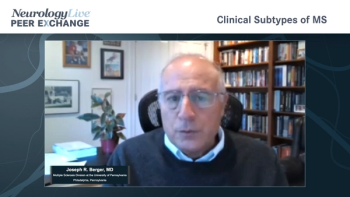
A panel of experts led by Bruce Cree, MD, highlight the clinical subtypes of multiple sclerosis including presentation and prevalence.
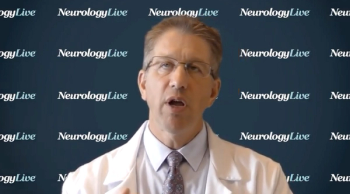
The neurologist at Cleveland Clinic outlines the need to better understand the biology of progressive MS in order to make substantial headway in its treatment.
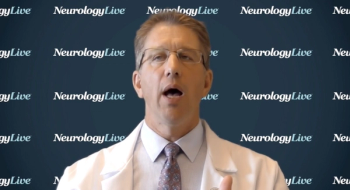
The neurologist at Cleveland Clinic discusses the clinical considerations included in the decision to stop treatment of MS in patients with progressive disease.
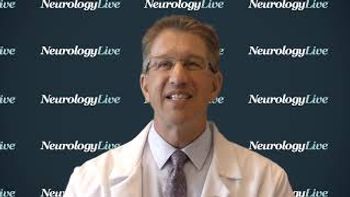
The staff neurologist at Cleveland Clinic addressed several questions regarding choosing an optimal therapy for patients with MS.
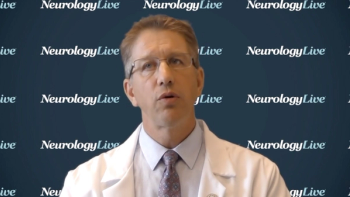
Robert Fox, MD, reviews the current treatment landscape for progressive multiple sclerosis, and why a focus on inflammation may not be sufficient to slow disease progression.

Robert Fox, MD, discussed the pursuit to identify new imaging biomarkers in an effort to better understand the disease course in progressive multiple sclerosis.
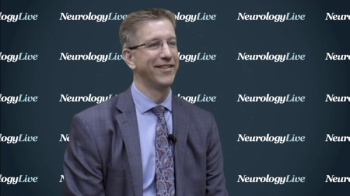
The staff neurologist at Cleveland Clinic shared his insight from the study, as well as what these data can do to further inform the use of this biomarker in progressive MS trials.

The Cleveland Clinic neurologist explained how the combination of the SDMT and EDSS measurements could improve the phase 3 clinical trial landscape in multiple sclerosis.